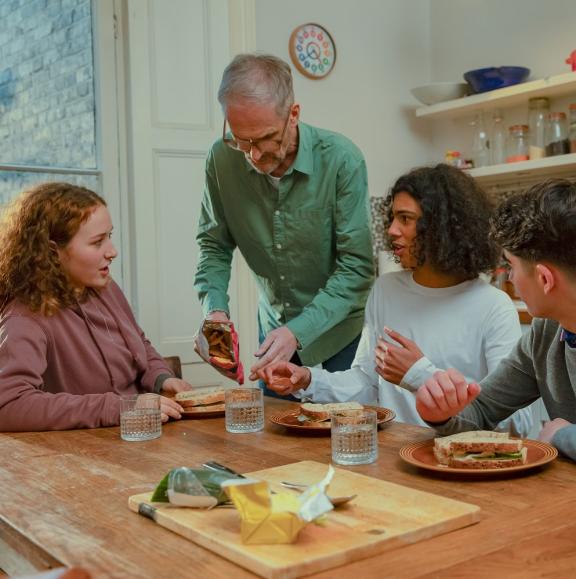Foster carers in west London receive a fostering allowance to cover the cost of caring for each child, along with a professional fee that serves as an income. The total payment can vary depending on the local authority and the specific needs of the child, but on average, foster carers receive a minimum of £314 per child, per week.
This payment includes allowances for daily expenses such as food, clothing, and transportation, as well as additional support for special occasions like birthdays and holidays. Some local authorities also offer extra benefits, such as council tax reimbursements and retainer fees for continuous placements.



